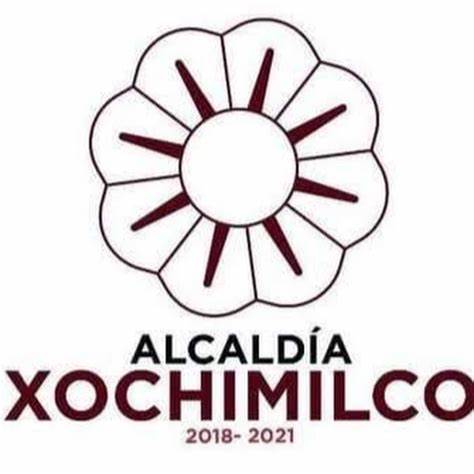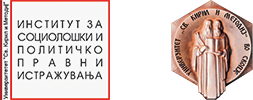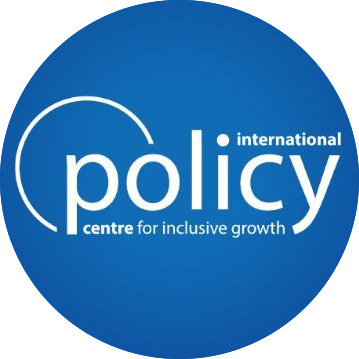Municipal Government of Harare
Description
About
Harare is the capital city of Zimbabwe and is located in the Northern region of the Country. The city’s estimated population is 2 million but residents from satellite towns around Harare spend most of their time in Harare either carrying out business or selling vegetable and other wares thus increasing the burden on service delivery.
Waste Management
The City with an estimated population of 2 million generates approximately 290 000 tons of solid waste a year but the Council is currently collecting 60% of waste generated. The city has the mandate to collect all waste generated in the city and currently no outsourcing of refuse collection is being done. The city uses door to door method of collecting waste from most residential and commercial areas. In areas of high waste generation (flats and markets places), the city uses skip bins for waste storage purposes and skip bins are collected when full.
The city has 1 disposal site for general waste and 1 disposal site for hazardous waste. Unfortunately, the disposal site for general waste is not an engineered landfill as it is a disused brick moulding site which is being reclaimed by burying waste and covering the waste with soil but there is a high risk of underground water pollution. We have had 2 waste characterization surveys to try and ascertain the waste profile in an effort to encourage recycling activities. The city is now 90% through in developing an Integrated Solid Waste Management Plan as the city believes that it will be the answer to most solid waste management challenges bedeviling the city. Due to the failure of the city to collect waste on scheduled days, illegal dumps have mushroomed in most residential areas.
Below are some initiatives that the city is undertaking to address the challenges:
- Robust repair and maintenance Plan for existing fleet
- Procurement of 10 additional refuse compactors, 1 dozer & 1 landfill compactor
- Developing ISWMP
- MOU for waste-to-energy project in advanced stages
- Awareness of waste management in schools, churches, and public transporters
The City requires assistance in developing an engineered landfill and capacity building for the waste management staff as a matter of urgency.
SECTOR
Development Cooperation, Capacity Building
Country
Zimbabwe
SDG
01 - No Poverty, 02 - Zero Hunger, 03 - Good Health and Well-being, 04 - Quality Education, 05 - Gender Equality, 06 - Clean Water and Sanitation, 07 - Affordable and Clean Energy, 08 - Decent Work and Economic Growth, 09 - Industry, Innovation and Infrastructure, 10 - Reduced Inequalities, 11 - Sustainable Cities and Communities, 12 - Responsible Consumption and Production, 13 - Climate Action, 14 - Life Below Water, 15 - Life on Land, 16 - Peace and Justice Strong Institutions, 17 - Partnerships for the Goals
Organization Type
Government
Similar Organizations





